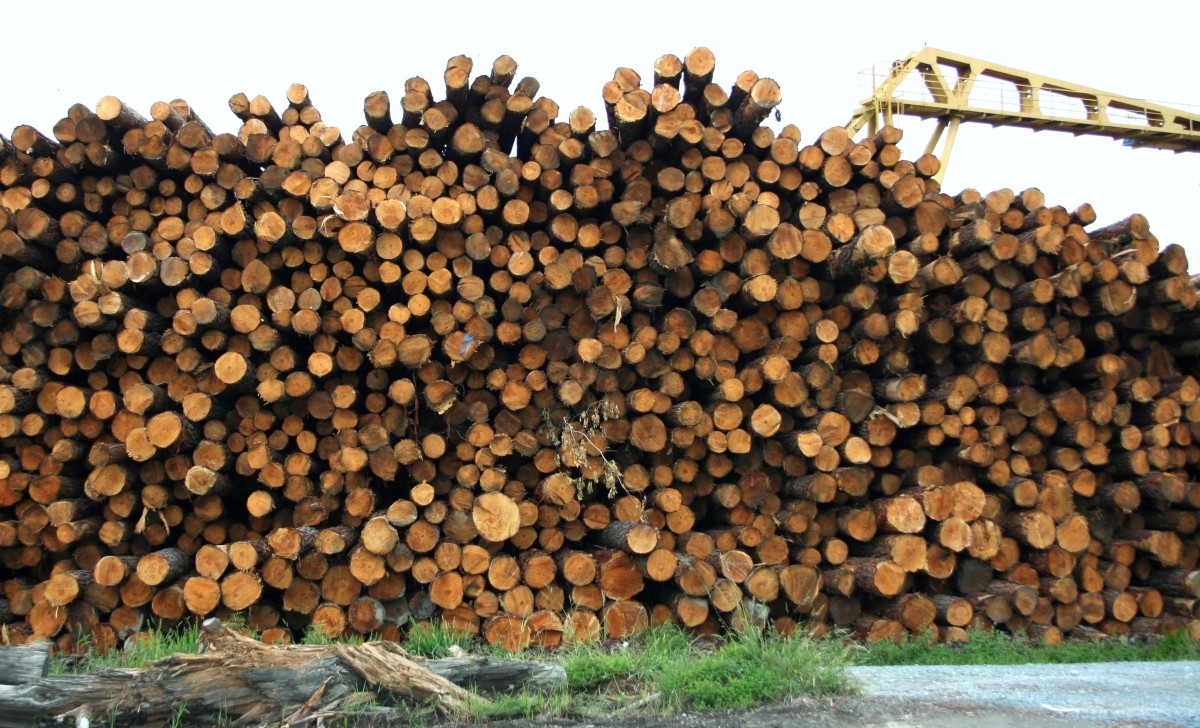Trust Considerations for Timber Owners

How should you pass your timber property to future generations? A trust is a legal document with instructions provided by you for how and when to pass assets to beneficiaries. Simply put, a trust gives you the power and freedom to control your wealth and ensure that your heirs receive access to your assets in a timely manner while avoiding probate. This is an efficient tool that allows you to privately pass down your wealth as part of a well-constructed estate plan. While there are many types of trusts, there are also several factors that timber owners should consider when planning to leave property in a trust for beneficiaries:
- Will the account be for timber only? If so, fiduciaries have a duty to explore diversification. Adding protective language that allows such an illiquid asset—or even the only asset—will make it easier on the trustee.
- Are the beneficiaries of the trust suited for timber? Timber is a great investment, but it does have some unusual tendencies compared to a portfolio of financial assets. If the income beneficiaries are dependent on cash flow for their lifestyle needs, it is important to consider that there are times in the lives of those in timber management in which income flow can be inconsistent. This mismatch between beneficiary and asset can sometimes produce tension between the trustee and the beneficiaries.
- Will the timber be professionally managed? Balancing the need for current income vs. long-term growth is best addressed in timber through a long-term forest management plan. Allowing the trustee the ability to engage outside help in preparation of this plan will benefit all parties. Because of ever-changing markets, most plans should focus on five-year rolling revenue projections, which will allow for tighter expense projections.
- Is there sufficient cash in the trust to maintain the property? Leaving property without an operating base of funds will make it difficult for the trustee to address such issues as roads, burns and insect control.
- Will there be hunting leases involved? If so, timber owners should consider inserting language that allows the trustee to manage these leases professionally (e.g., requiring insurance and keeping rates competitive) will be helpful to the trustee. These hunting leases can provide great additional income to the trust, but they must be managed. A great lessee can also be another set of eyes on the property, which will help the overall management plan.
Waverly Advisors can assist timber owners and their attorneys with navigating the intricacies of placing property in a trust by providing a comprehensive review during the estate planning process. While the federal and state laws surrounding trusts are often complex, our team is dedicated to providing you with guidance on how these laws affect your trust. We have the experience needed to help you develop a plan customized to your lifestyle and the needs of your beneficiaries.
Learn more about our natural resource expertise.
